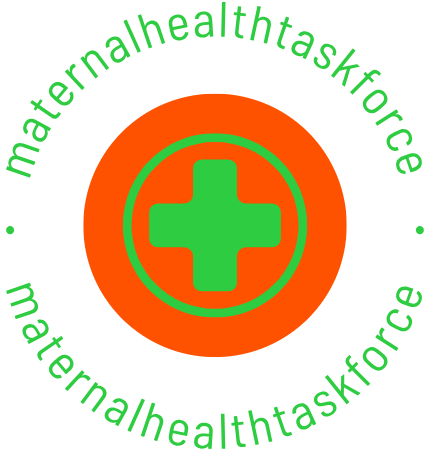Safe maternal health is crucial for ensuring the well-being of both mother and baby during pregnancy, childbirth, and postpartum. Adopting the right practices can significantly reduce health risks, leading to healthier outcomes. In this article, we will explore the best practices for safe maternal health, highlighting essential steps every expecting mother and healthcare provider should follow.

Prioritize Prenatal Care
Prenatal care is the foundation of safe maternal health. Regular checkups and early detection of potential issues ensure a healthy pregnancy.
Schedule Regular Checkups
One of the most important practices for safe maternal health is attending regular prenatal appointments. These checkups allow healthcare providers to monitor both the mother’s and baby’s health, checking for any signs of complications. Early detection of conditions like high blood pressure or gestational diabetes can prevent severe health issues later in the pregnancy.
Perform Routine Screenings
Routine screenings during pregnancy are essential for maintaining the safety of both the mother and the baby. These screenings check for genetic disorders, infections, and other potential risks that could harm the pregnancy. Regular ultrasounds and blood tests provide valuable insights, helping healthcare providers take preventive measures when needed.
Focus on Proper Nutrition
Good nutrition is another key element in maintaining safe maternal health. A well-balanced diet ensures the mother gets the necessary nutrients to support her own health and the baby’s development.
Eat Nutrient-Rich Foods
Expecting mothers should focus on eating nutrient-rich foods, including fruits, vegetables, whole grains, and lean proteins. Folate, iron, and calcium are particularly important during pregnancy. These nutrients support the baby’s growth and help prevent issues like anemia and bone loss for the mother.
Stay Hydrated
Staying hydrated is often overlooked but is critical for safe maternal health. Water supports increased blood volume during pregnancy, helps flush out toxins, and reduces the risk of urinary tract infections. Pregnant women should aim to drink at least 8-10 glasses of water a day to stay hydrated and maintain healthy bodily functions.
Support Mental Health During Pregnancy
Maintaining mental health is as important as physical health during pregnancy. Stress, anxiety, and depression can negatively impact both the mother and the baby.
Practice Relaxation Techniques
One of the best practices for safe maternal health is managing stress through relaxation techniques. Activities such as yoga, meditation, or simple breathing exercises can reduce stress and promote emotional well-being. Taking time to unwind each day helps create a peaceful environment, which is essential for both the mother and baby.
Seek Mental Health Support
If an expecting mother feels overwhelmed, seeking professional mental health support is a proactive step toward ensuring safe maternal health. Counseling or therapy can offer valuable tools to manage anxiety, depression, or other mental health challenges during pregnancy. Addressing these issues early on helps prevent long-term emotional distress and promotes a healthier pregnancy experience.
Ensure a Safe Delivery Environment
A safe delivery is the ultimate goal of maternal health practices. Preparing for labor and ensuring the delivery takes place in a secure environment reduces risks to both the mother and baby.
Choose a Reputable Healthcare Facility
One of the best practices for safe maternal health is choosing a reputable healthcare facility for childbirth. Whether it’s a hospital or a birthing center, the facility should be equipped with experienced healthcare providers and emergency resources. Touring the facility beforehand can help the mother feel more comfortable and confident in her delivery plan.
Create a Birth Plan
Having a clear birth plan is another essential practice for safe maternal health. A birth plan outlines the mother’s preferences for pain management, delivery methods, and postpartum care. Discussing this plan with healthcare providers ensures that the mother’s wishes are respected while also maintaining the flexibility needed in case of emergencies.
Maternal Health and Online Entertainment
Maternalhealthtaskforce.org focuses on improving maternal health worldwide. For those seeking alternative online experiences, explore the excitement of wolf winner online baccarat. Discover a new world of online fun.
“`
Conclusion
In conclusion, maintaining safe maternal health requires a combination of regular prenatal care, proper nutrition, mental health support, and preparation for a safe delivery environment. By following these best practices for safe maternal health, expecting mothers can significantly reduce risks and ensure a healthy pregnancy and childbirth experience.
By taking these proactive steps, both mothers and healthcare providers can work together to create a safe and supportive journey from pregnancy to delivery, ensuring the well-being of both mother and baby.










